The International Science Council (ISC) is a non-government organisation representing both natural and social sciences, with a global membership of 40 international scientific unions and interdisciplinary science bodies as well as over 140 national and regional scientific bodies. These organisations convene scientists within and across natural and social science disciplines to coordinate research and address issues of global significance.
The ISC was formed in July 2018 by the merger of the International Council for Science (ICSU) and the International Social Science Council. The Academy represented Australian science at the historic meeting, with a delegation consisting of the current and immediate past Foreign Secretaries and the directors of International Programs and Future Earth Australia, advised by Professor David Black FAA, Academy Fellow and Secretary-General of ICSU.
The Asia–Pacific region will be well-represented at the ISC during its formative years. Among the elected members of the inaugural ISC Board are Professor Sir Peter Gluckman KNZM FRSNZ FMedSci FRS (President-Elect, New Zealand), Professor Jinghai Li (Vice-President, China), Professor Ruth Fincher AM FASSA (Ordinary Member, Australia) and Professor James C. Liao (Ordinary Member, Taiwan).
Since 1954, the Academy has represented Australian interests at the ICSU as the National Member Organisation. The Academy meets the responsibilities and obligations that arise from membership to the ISC and its scientific bodies with the assistance of the National Committees for Science. These include coordinating responses and submissions as well as nominations for executive committee positions and appointment of voting delegates to general assemblies.
In addition to membership of the ISC, the Academy is also involved in the ISC Regional Office for Asia and the Pacific (ROAP) which focuses on the development of science throughout Asia and the Pacific and in particular aims to strengthen the voice of scientists from developing countries in the region. Australia currently holds a position on the ISC ROAP Board and is represented by Academy Fellow and Council Member, Professor Frances Separovic FAA.
These reports summarise the benefits returned to Australia through its membership of global science organisation, the International Science Council, and the Australian Academy of Science’s strategy to enhance these benefits.
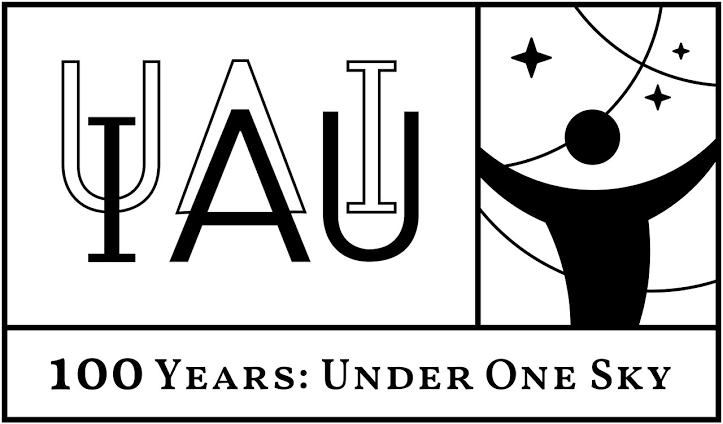 |
 |
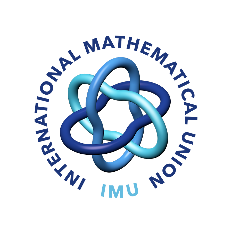 |
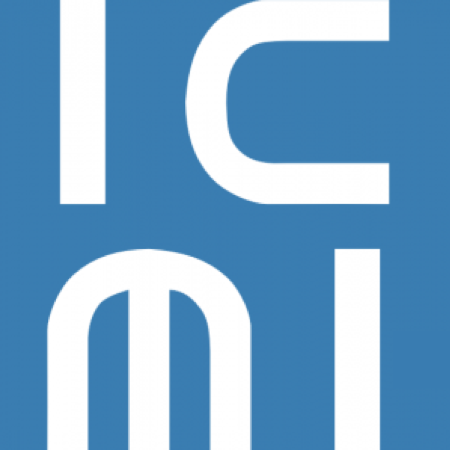 |
 |
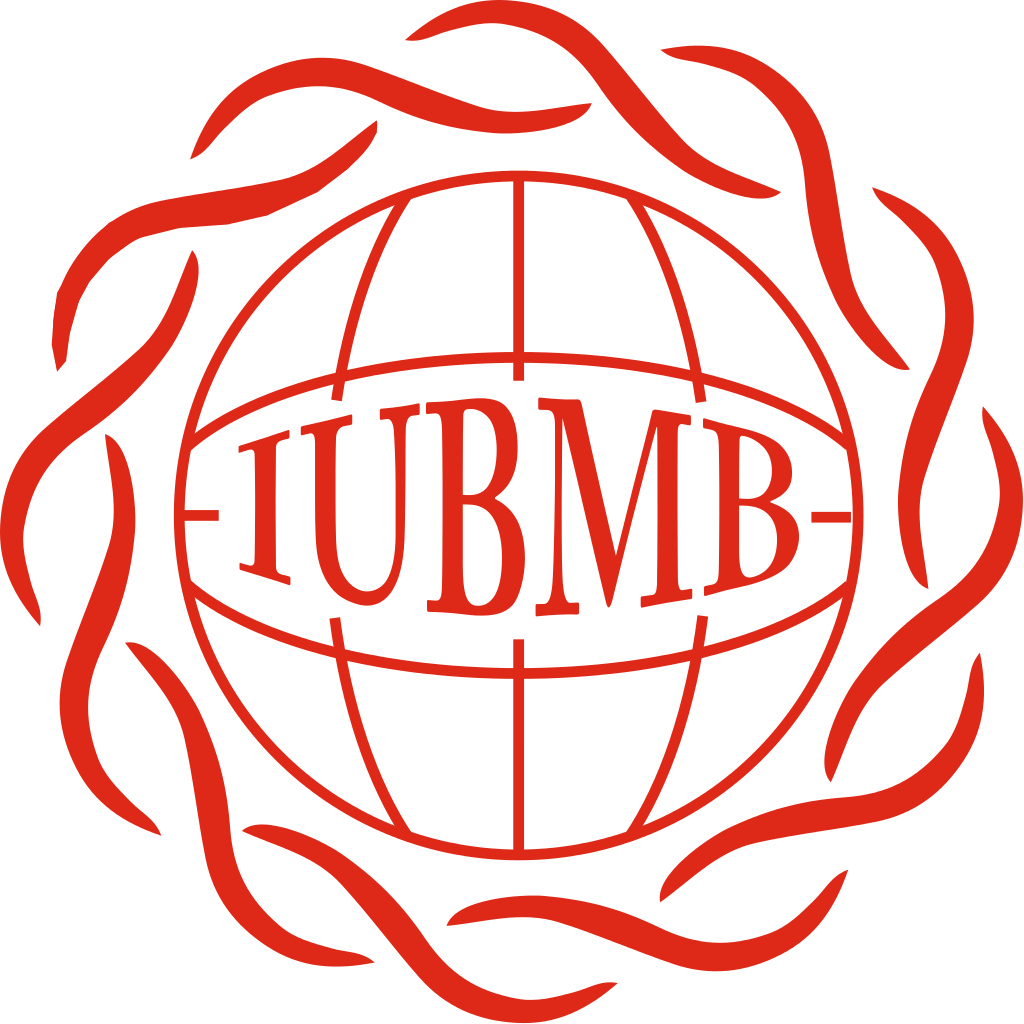 |
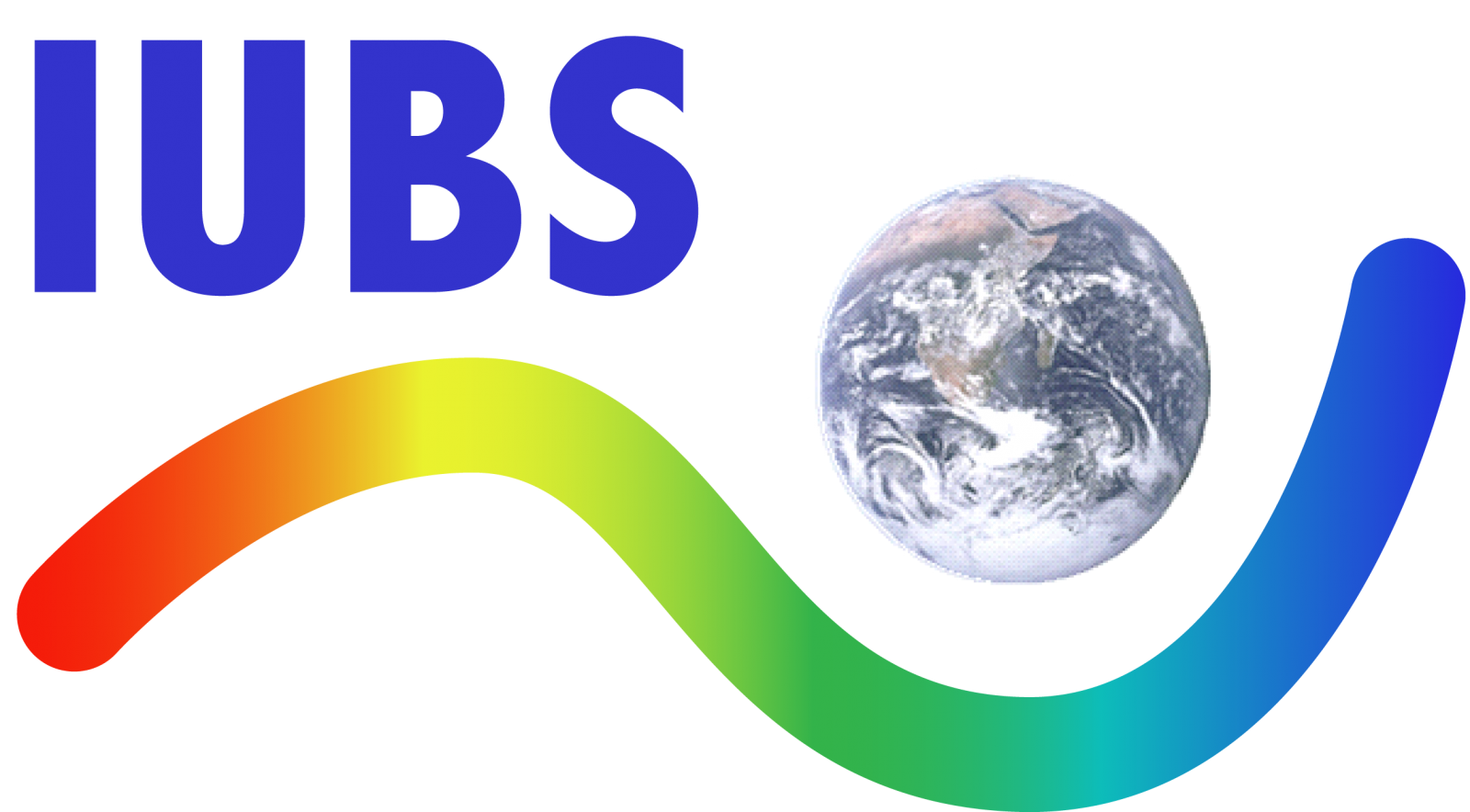 |
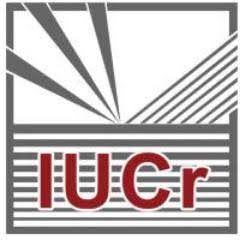 |
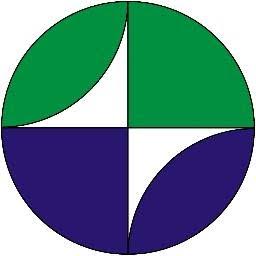 |
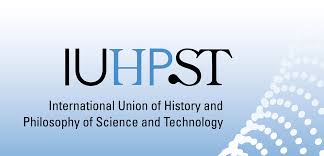 |
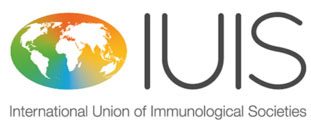 |
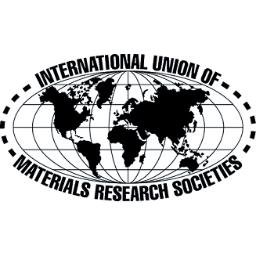 |
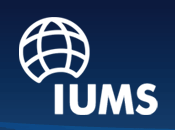 |
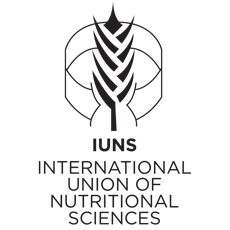 |
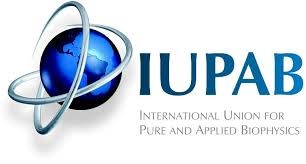 |
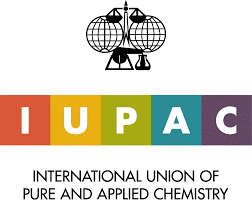 |
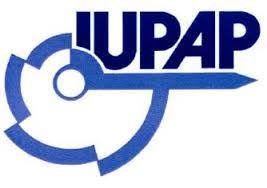 |
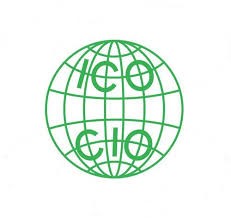 |
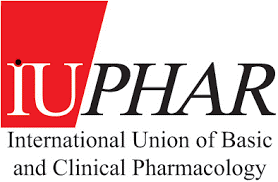 |
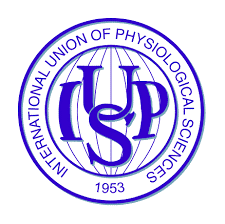 |
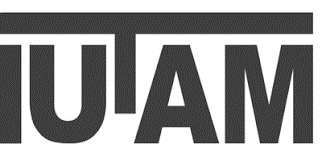  |
 |
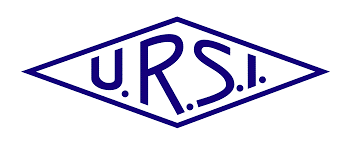 |
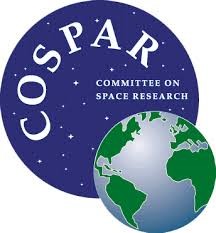 |
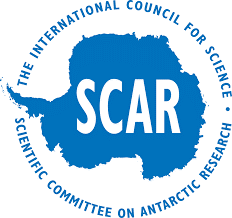 |
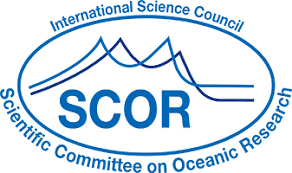 |
 |
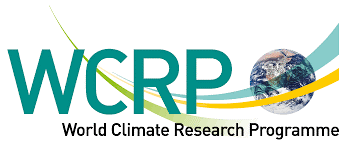 |
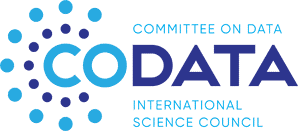 |
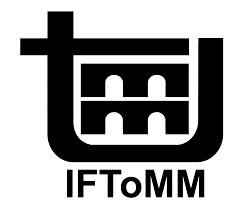 |
The Academy has established valuable agreements with professional societies to enable more Australian researchers to have a voice on the international stage. These partners work closely with the relevant National Committees to promote the benefits of the unions to the scientific community. In 2016 these organisations are:
Australia’s global science credibility and influence is enhanced by high-level representation on the executives of ICSU organisations. Each ICSU organisation has substructures of committees and task groups in which an estimated 370 Australians serve at any given time. This gives Australian scientists extensive opportunities to contribute to international strategic planning and priority setting, and to establish research collaborations with other leaders in their fields.
A current list of Australians holding positions on the executive boards of ICSU organisations may be found here.
Australian organisations routinely bid to hold congresses and scientific meetings of the unions in Australia. Recent and upcoming meetings are listed below:
|
Union |
Meeting |
City |
Year |
|
SCOR |
SOOS Scientific Steering Committee and Associated Meetings |
Hobart |
2015 |
|
Future Earth |
2015 Conference on Earth System Governance: Democracy and resilience in the Anthropocene |
Canberra |
2015 |
|
IGU |
Brisbane |
2015 |
|
|
IUPAC |
Sydney |
2016 |
|
|
IUPAC |
Melbourne |
2016 |
|
|
IAU |
Cairns |
2016 |
|
|
IUIS |
Gold Coast |
2016 |
|
|
IUIS |
Melbourne |
2016 |
|
|
IUGS |
Sydney |
2016 |
|
|
Future Earth |
Hobart |
2016 |
|
|
Future Earth |
Future Earth session at AMOS/ARCCSS National Conference 2016 |
Melbourne |
2016 |
|
IUPAC |
Federation of Asian Chemical societies’ ACC-17 |
Melbourne |
2017 |
|
IUMRS |
International Conference of Young Researchers on Advanced Materials |
Adelaide |
2018 |
|
IUMRS |
International Union for Materials Research Societies 20th International Conference in Asia |
Perth |
2019 |
|
COSPAR |
Sydney |
2020 |
|
|
SCAR |
Hobart |
2020 |
|
|
IUPAP |
International Union for Pure and Applied Physics International Conference on Women in Physics |
Melbourne |
2020 |
| URSI | Sydney | 2022 | |
| IUBMB |
International Union of Biochemistry and Molecular Biology Congress |
Melbourne | 2024 |
| ICME |
2024 International Commission for Mathematical Instruction conference (ICME25) |
Sydney |
2024 |
The Academy’s guidelines set out the policy on holding international meetings in Australia for the information of the relevant scientific communities, convention bureaus and other interested organisations and may be found here.
 Future Earth Australia seeks to help, present and future researchers, governments, civil society, holders of local knowledge, research funders and the private sector work together towards solutions for sustainable futures. Like its global parent, Future Earth Australia’s vision is for people to thrive in a sustainable and equitable world. More about Future Earth Australia.
Future Earth Australia seeks to help, present and future researchers, governments, civil society, holders of local knowledge, research funders and the private sector work together towards solutions for sustainable futures. Like its global parent, Future Earth Australia’s vision is for people to thrive in a sustainable and equitable world. More about Future Earth Australia.
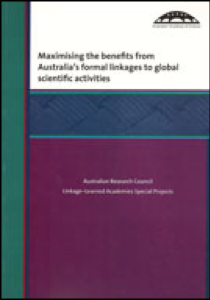 Science by nature is an international enterprise. Contributing to progress in science, developing excellence in Australian science, and maximising the benefits of science requires that Australia participates fully in this enterprise. This report was published in 2005.
Science by nature is an international enterprise. Contributing to progress in science, developing excellence in Australian science, and maximising the benefits of science requires that Australia participates fully in this enterprise. This report was published in 2005.
Download report (PDF, 1.35MB)
ICSU Liaison Officer
icsu@science.org.au
© 2026 Australian Academy of Science